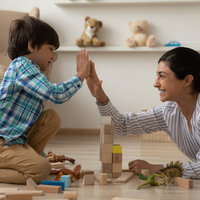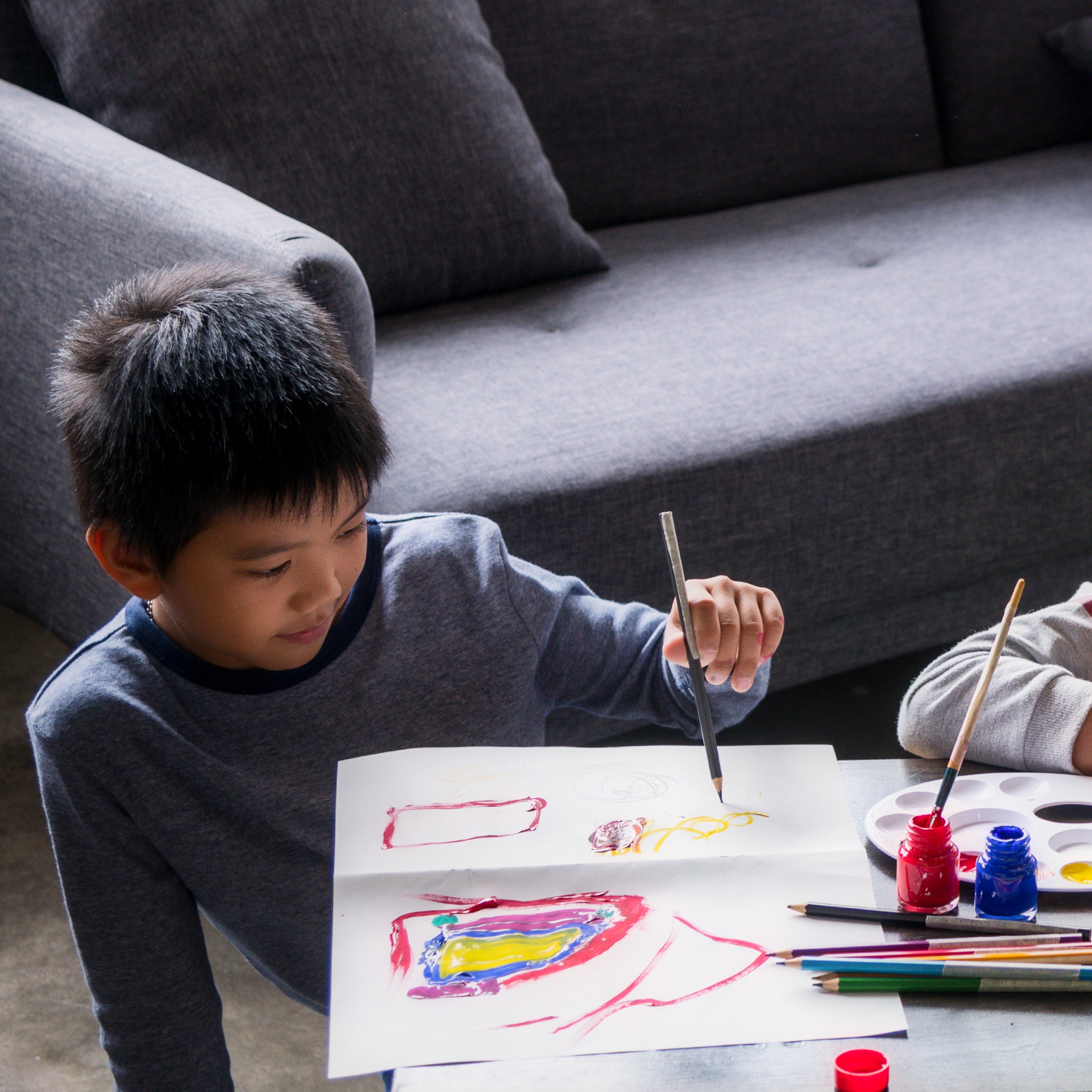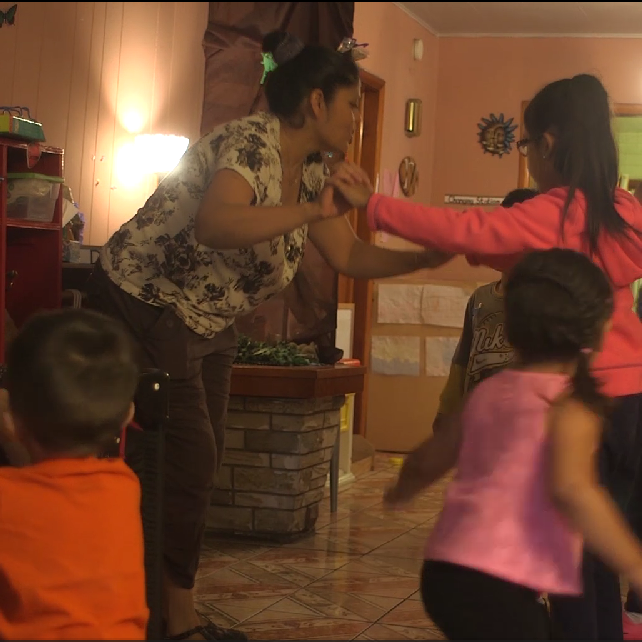While there are many places to buy curriculum for early childhood programs, the most beneficial learning experiences for children are planned by the people who know them and their abilities and interests.
Starting with children’s interests, and then seeing the skills that can be developed within those interests, is at the heart of a lesson plan. If the most popular toys among the children is the train set, how can that expand through activities that will support their learning and development across domains?
Counting the trains out loud and comparing the length of two or more trains will introduce children to foundational math skills of comparison and number sense.
Adding books about trains to your library and finding some train songs (or adding trains to songs they already know– “The Wheels on the Train”, anyone?) will expose children to new vocabulary and give them opportunities to deepen their understanding of what a train is. Don’t limit yourself to fiction, either– many young children are absolutely fascinated by books with real pictures that explain how the mechanics work.
Painting with train wheels can be a thrill for young children! Running the trains through paint and over paper allows them to see how a wheel moves and understand the cause and effect of paint drying out and no longer transferring to paper, then refreshing the paint and painting smooth lines again.
Of course, trains are only one common interest young children have. These same principles apply, whether they’re exploring spiders, puppets, or mermaids. Noticing what children are learning and using academic skills as the tools that they are to help advance childrens’ ideas and understanding will prepare them to use these skills as they grow.
Academic skills are tools that we want children to have and be able to use. Just like a quizzing a child on how to use a hammer, offering worksheets, and reading books won’t teach that child how to use a hammer, teaching academic skills without opportunities to hold, manipulate, and experiment with them won’t offer children competence and expertise.
Reflection Questions
What common interests are you seeing in the children you work with? What themes are recurring?
What resources can you use to determine the academic skills children can acquire through their play and through interactions with adults?



